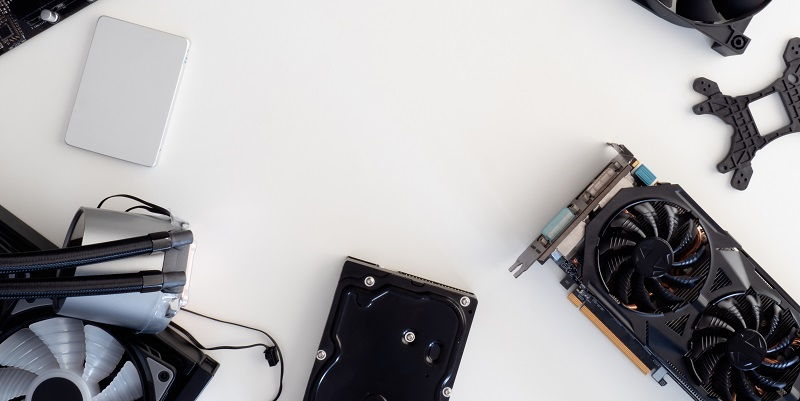Intel, the renowned technology giant, has recently made a disconcerting revelation regarding their Arc GPUs. A new set of vulnerabilities has been uncovered, raising concerns about the security and reliability of these graphics processors. In this article, we will delve into the consequences of these vulnerabilities, the timeframe and affected GPUs, the severity of the issues, and Intel’s recommendations for Arc GPU users. We will also discuss the current status of a potential fix and the hope for a timely solution. Stay tuned for the latest updates on this critical matter.
Consequences of the vulnerabilities
The discovered vulnerabilities in Arc GPUs primarily lead to a common consequence: denial of service (DoS). This means that attackers can exploit these vulnerabilities to disrupt the normal functioning of the GPUs, rendering them unable to perform as intended. Such disruption can have far-reaching implications for users, impacting gaming performance, productivity, and overall user experience.
Timeframe and Affected GPUs
Intel has determined that the affected GPUs are those released between October and December 2022. This timeframe indicates that the vulnerabilities are relatively recent, which raises concerns for users who have purchased or utilized Arc GPUs during this period. It is crucial for these users to take immediate action to mitigate any potential risks associated with these vulnerabilities.
Severity of the Vulnerabilities
The severity of these vulnerabilities should not be overlooked. Intel recognizes their potential to cause significant harm and is taking them very seriously. It is important for Arc GPU users to be aware and proactive in addressing these vulnerabilities to safeguard their systems and data.
CVE-2022-41984 – DoS Through Local Access
The first vulnerability, labeled as “CVE-2022-41984,” enables a user with local access and sufficient rights to initiate a denial of service attack. This means that an individual with malicious intent can exploit this vulnerability to disrupt the proper functioning of the GPU. In terms of severity, Intel has assigned this vulnerability a “4.4 Medium” base score, highlighting the potential risks associated with it.
CVE-2022-38973 – Information Leakage
The second vulnerability, labeled as “CVE-2022-38973,” poses additional concerns as it can potentially lead to information leakage. This means that attackers can exploit this vulnerability to gain unauthorized access to sensitive data stored within the Arc GPU or related systems. The implications of such unauthorized access can be severe, compromising user privacy and confidentiality.
Intel’s Recommendation for Arc GPU Users
In response to these vulnerabilities, Intel advises Arc GPU users to approach their respective “Intel product support” channels based on their region. By reaching out to Intel product support, users can access the necessary guidance and assistance in addressing these vulnerabilities effectively.
Status of the Fix
At present, Intel has not released a specific fix to address these vulnerabilities. However, given the severity and potential risks associated with the vulnerabilities, it is reasonable to believe that Intel is actively working towards developing a timely solution. It is crucial for users to remain vigilant and stay informed about any updates released by Intel.
Hope for a Solution
While Intel has not yet provided an immediate fix, there is optimism that the company is diligently working on resolving the vulnerabilities. Collaborating with cybersecurity experts and engaging in thorough testing and validation processes, Intel aims to deliver an effective solution that mitigates the risks associated with these vulnerabilities. Users are encouraged to exercise patience as Intel works towards ensuring the security and reliability of their Arc GPUs.
In conclusion, the discovery of vulnerabilities in Arc GPUs raises concerns regarding the security and stability of these graphics processors. The consequences of these vulnerabilities can lead to denial of service attacks, information leakage, and other potential risks. It is imperative for Arc GPU users to follow Intel’s recommendations and seek support for addressing these vulnerabilities promptly.
As this is an ongoing issue, we will continue to monitor the situation closely and provide updates on any developments related to the vulnerabilities and potential fixes from Intel. Stay informed and take proactive measures to protect your systems and data from potential security threats. We remain committed to keeping you updated on this critical matter.

